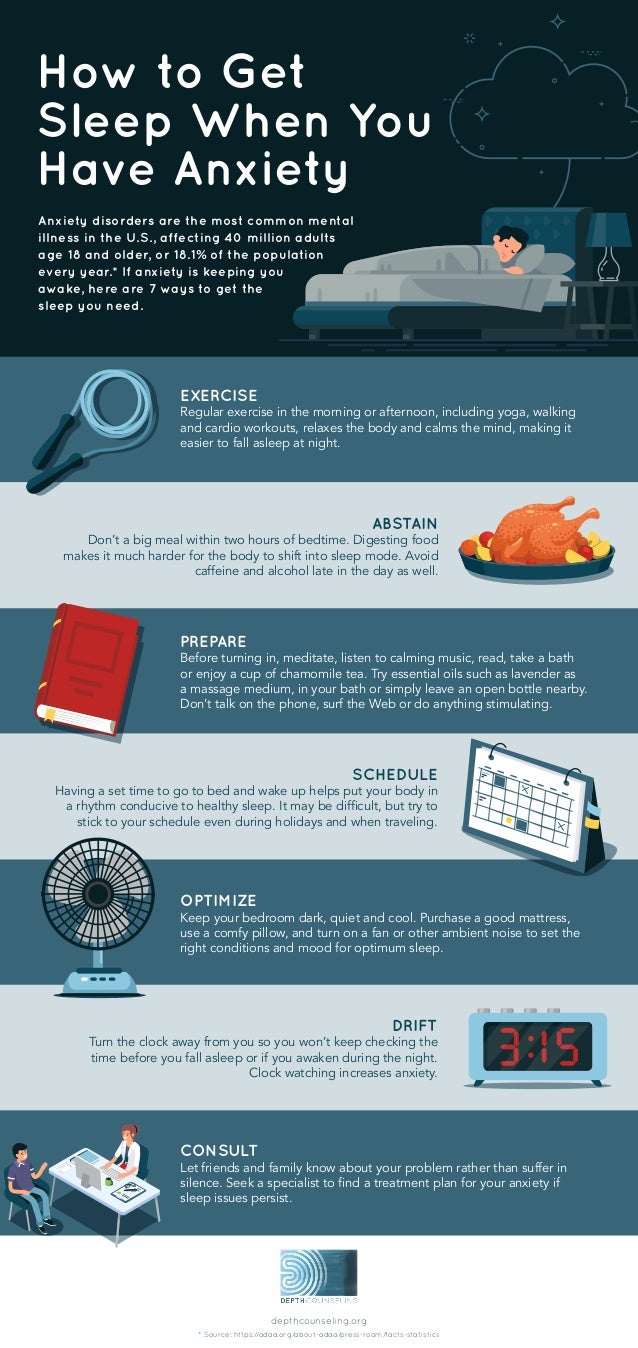7 Common Types of Sleep Disorders

According to the latest statistics, about 60 million adults suffer chronic sleep disorders, and over 40% of the adults sleep unintentionally during the day. Therefore, it is critical to talk about sleep disorders as common complications that you might be experiencing without knowledge. The good thing is that sleep disorder specialists can help manage the conditions. MindSet team of psychiatrists and neuroscientists help patients manage sleep disorders in San Diego. The following are seven common types of sleep disorders that you might be suffering from, and you need to seek medical attention:
Table of Contents
1. Sleep Apnea
One of the most common sleep complications, where you wake up frequently during the night, as your breathing temporarily stops while you sleep. When you arise in the morning, you can’t remember the instances of waking up at night. However, you will feel depressed, irritated, or exhausted during the day, which can affect your productivity. This is serious and potentially life-threatening. However, it is also treatable.
2. Insomnia
This is the incapacity to sleep well at night mainly due to stress, medications, jet jag, or other health complications. Besides, other sleep disorders or mood complications can also cause insomnia. Whatever the cause of your disorder, improving your hygiene, learning to relax, and adjusting your daily habits can help manage insomnia.
3. Circadian Rhythm
Everyone has a biological clock around your 24-hr. sleep-wake cycle or the circadian rhythm. At night, when you switch off the lights, your brain triggers the release of the hormones responsible for your sleep. In the same way, your brain tells your body that it’s time to wake up when there is light. However, sometimes your circadian rhythms can be disrupted, making you feel sleepy, disoriented, or groggy at inconvenient times.
4. Delayed Sleep Phase
This is a condition where your biological clock gets significantly delayed, where you sleep and wake up much later than normal, or like other people. Although it can happen if you stay up late, it becomes difficult for you to keep normal hours when it is a disorder. This can affect your daily activities, including making it to your morning classes, keeping a 9-to-5 job routine, or getting your kids to school on time.
5. Shift Work Sleep Disorder
This is a complication that occurs when your biological clock does not sync with your work schedule. This is because the 24-hour society may not favor everyone to work at fixed hours. For example, you may be required to work a night shift, early morning shift, or an evening shift, forcing you to work when your body is telling you something else. Although you may adapt to the work demanding schedule, you can still not get quality sleep.
6. Narcolepsy
This is a complication where you get uncontrollable and excessive daytime sleepiness. This can be caused by a brain dysfunction where the brain mechanism that controls working and sleeping malfunctions. This condition can give you sleep attacks during your normal activities such as driving, talking, or working.
7. Restless Leg Syndrome (RLS)
This is a condition where you get an irresistible urge to move your legs while sleeping. This can be due to uncomfortable, aching, tingling, or creeping sensations. If you seek medical assistance on these conditions, your provider can guide you through self-help remedies to manage your condition.
If you have any of the above complications or other sleep-related disorders, you can contact your provider at MindSet to manage the issue. You don’t have to struggle with any sleep disorder.

Guide provided by Depth Counseling
Leave a reply
You must be logged in to post a comment.














